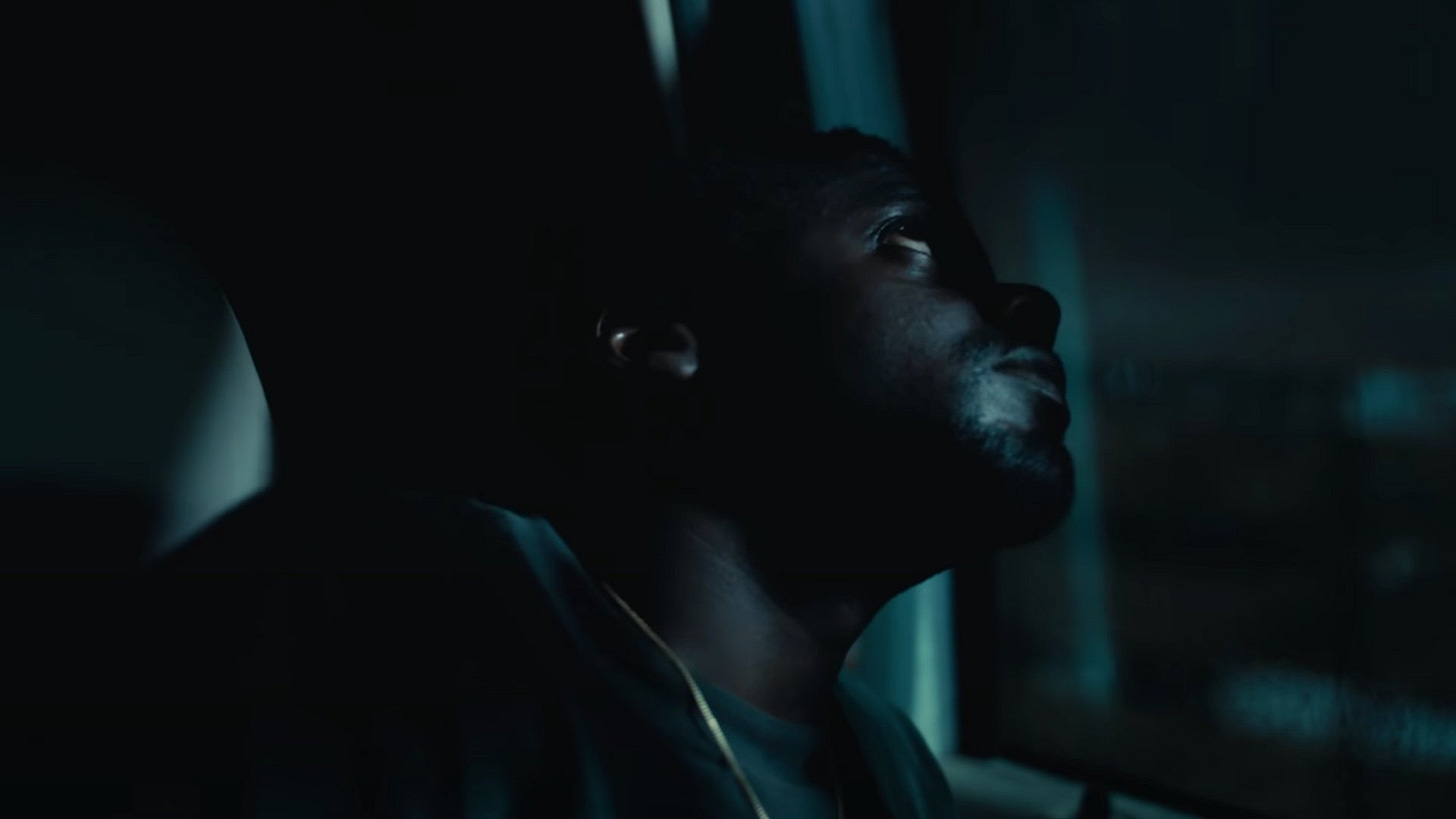But I was lonely, I was lost
Nope and the genuine haunt
Hello! Thank you for signing up to, or stumbling on, this no-news-newsletter written by me, Ashley Clark. If you do choose to subscribe—and it’s free—you’ll receive bulletins about whatever’s on my mind: usually some combination of art/film/music/literature/football. If that sounds good, hit the button!
If there is one phrase I have overused in my writing to the point that it should by now be denuded of meaning, it is “genuinely haunting”. If I truly have been “genuinely haunted” to the extent that my use of those words suggest, then it is only fair for one to assume that I spend my days cowering and stricken with fear, face plastered with the ghostly pallor of a Victorian urchin. What is it about “genuinely haunting” that appeals to me? I don’t know—perhaps it just sounds nice. It is also an apt, snappy fallback descriptor for the type of work I respond most strongly to; that which rattles around in my head afterwards, dares to complicate and mystify and muddy itself, revels in stoking feelings of discomfort and ambiguity whether through form or content or preferably both in tandem.
For this week’s quick rec, then, I invite you to be genuinely haunted by the remarkable, 65-minute essay film/documentary/archival mash-up Stand By for Tape Back-up (2015), written, directed and co-edited by Ross Sutherland, and produced and co-edited by Charlie Shackleton. In very short order, it’s a film about a man (Sutherland) investigating his relationship with his beloved late grandfather through the prism of the contents of a VHS tape his grandfather bought when he first purchased a recorder in the 1980s.
This curious, intimate, occasionally tenebrous film is about many things: technology, family, bereavement, pop culture, fashion that time forgot, and NatWest ads that were scored by Jan Hammer’s “Crockett’s Theme” (it was only in watching this film that I realized with a jolt that I had associated this elegant, pulsating synth strut with the British bank long before I associated it with Miami Vice!) Stand By for Tape Back-up is great, and not as well known as it should be. I hope you enjoy it.
Last week, I headed out to my local Nicole Kidman nickelodeon to catch Jordan Peele’s third feature, the genuinely haunting Nope. I don’t want to say too much about it here, because a significant part of why I enjoyed it so much no doubt derives from the fact that I completely cut myself off from the discourse ouroboros snaking around the film beforehand. I read nothing about the plot, I didn’t watch the trailer, I muted the words “Nope” and “Jordan Peele” (sorry Jordan!) on Twitter, and headed in as cold as possible. It was the right call.
After the fact, I was trying to figure out why Nope resonated so strongly with me, above and beyond its obvious technical, tonal, and narrative qualities. After a while, I figured it out. Emotionally, it transported me back to the exciting era of American filmmaking that coincided with the time that I really started to fall in love with the art form: the (very) late 90s and early 2000s, when what seemed like a never-ending string of well-funded, surprising, intelligent, star-studded, formally and thematically adventurous, and sometimes genuinely haunting films from Stateside made their way to England and were hitting cinemas with remarkable regularity. I’m talking about the likes of Magnolia, Three Kings, Memento, The Limey, Fight Club, The Insider, The Sixth Sense, Requiem For a Dream, The Talented Mr. Ripley, and Being John Malkovich, with which—very minor spoiler alert—Nope shares a sub-plot concerning a chimp-related flashback! All of these films were released within roughly a year of each other, and at the risk of going all Uncle Rico, it was a good time.
Nope is very much its own thing, but does feel to me like a throwback to that moment—a film totally confident in its strangeness, its willingness to let some loose threads dangle, its commitment to a show-not-tell ethos. But unlike that mostly white list above, it brings a black and POC-focused subjectivity to the table, a serious and pained, ingeniously metaphorical probing of Hollywood’s often horrible history of image-making and discrimination. It also struck me as an original, valuable, and pointedly cheeky riposte to our contemporary media culture of constant regurgitation, reboots and diminishing returns. I’m glad Nope exists, and I’m looking forward to watching it again.
I couldn’t leave you this week without a song, so here’s “Deeper Understanding” by Kate Bush, from her 1989 LP “The Sensual World”. It’s a genuinely haunting meditation on loneliness and technology—like Stand By for Tape Back-up and Nope! There’s an actual theme this week!—that follows a character, voiced in first person by Bush, who becomes obsessed with an interactive computer program. Predating Twitter-era emotional dislocation and social atomization by over two decades, it’s one of the most nakedly, unsettlingly prescient songs I can think of. Not even Japan man Mick Karn’s bendy-poppin’ fretless bass can thaw the thick emotional ice of this one.
As the people here grow colder
I turn to my computer
And spend my evenings with it
Like a friend
Until next week!
Thank you for reading. Please consider subscribing to this newsletter if you’ve yet to do so, or, if you have, spreading the word. I appreciate it!



